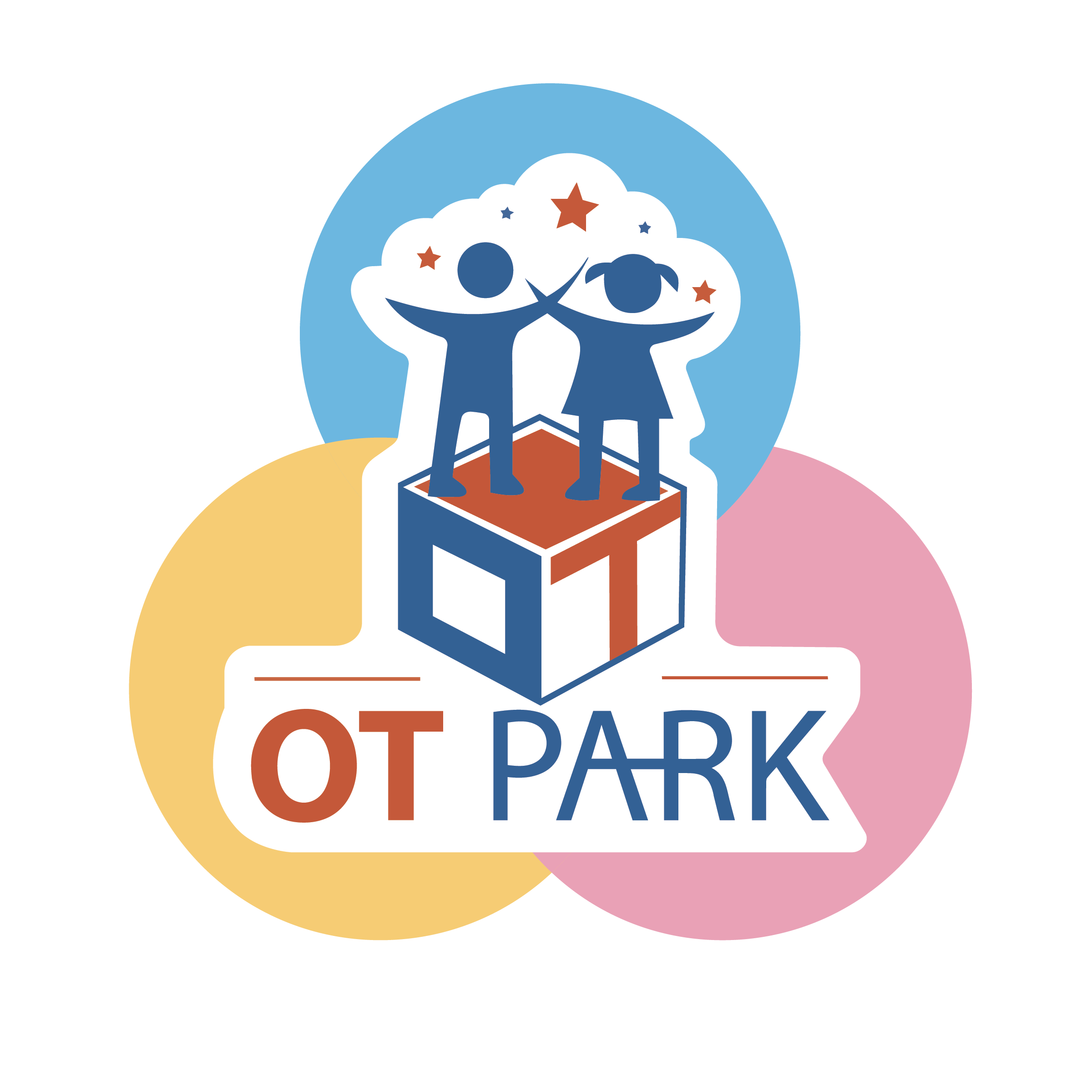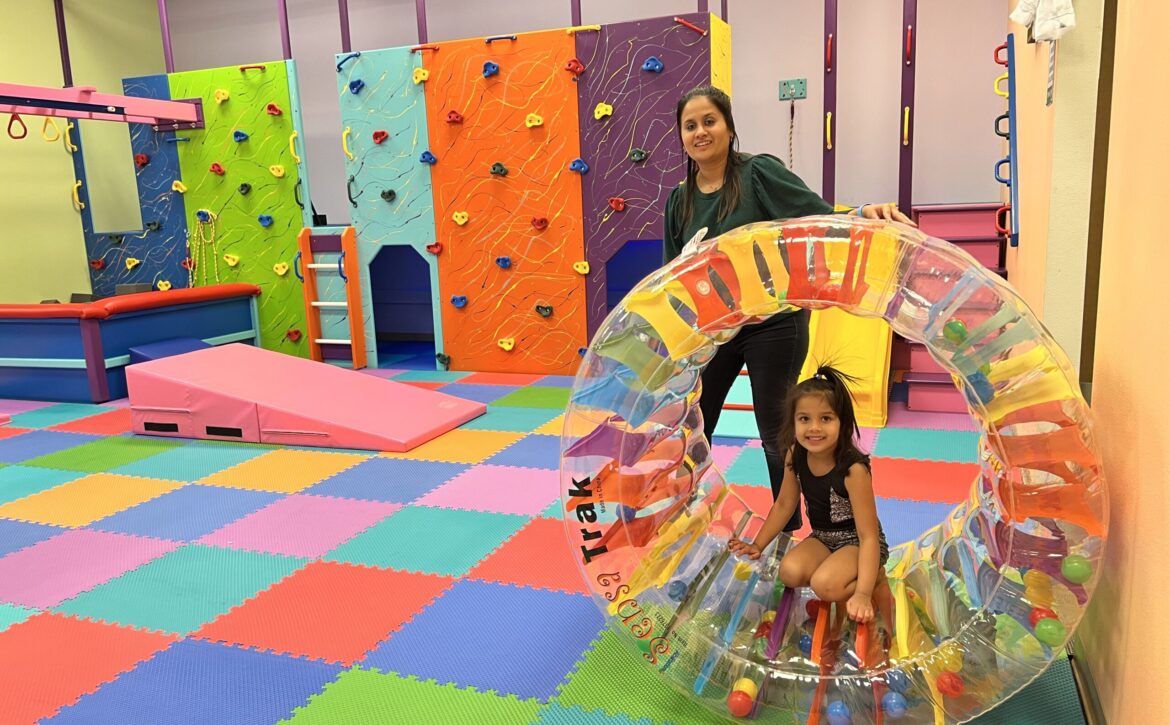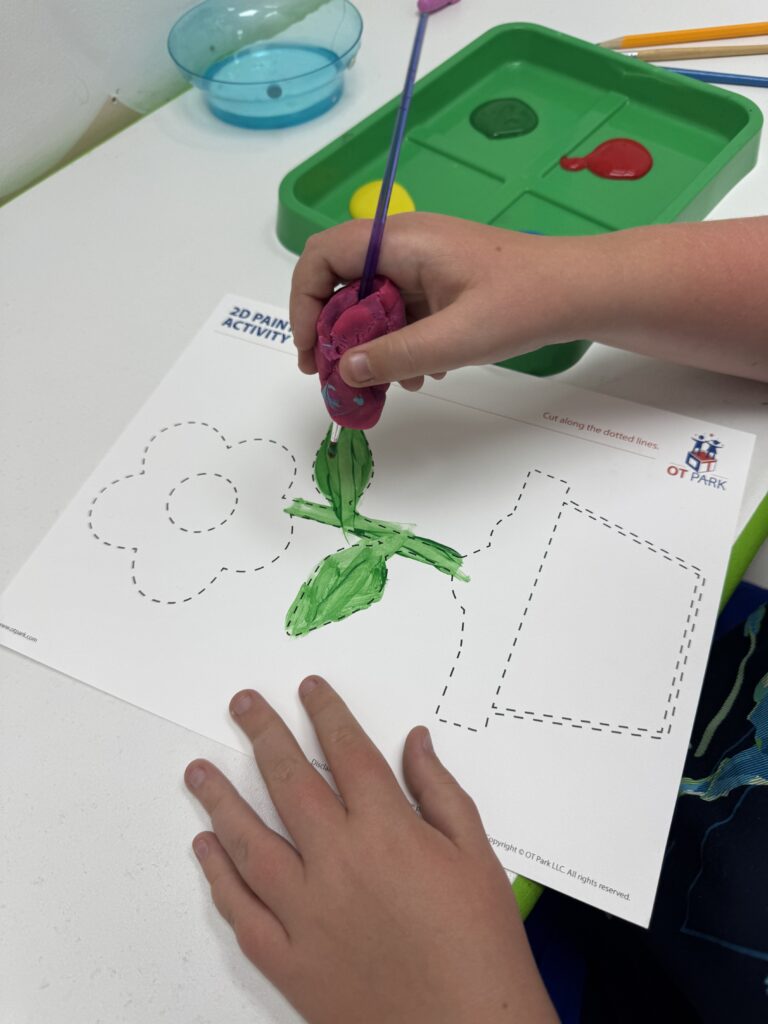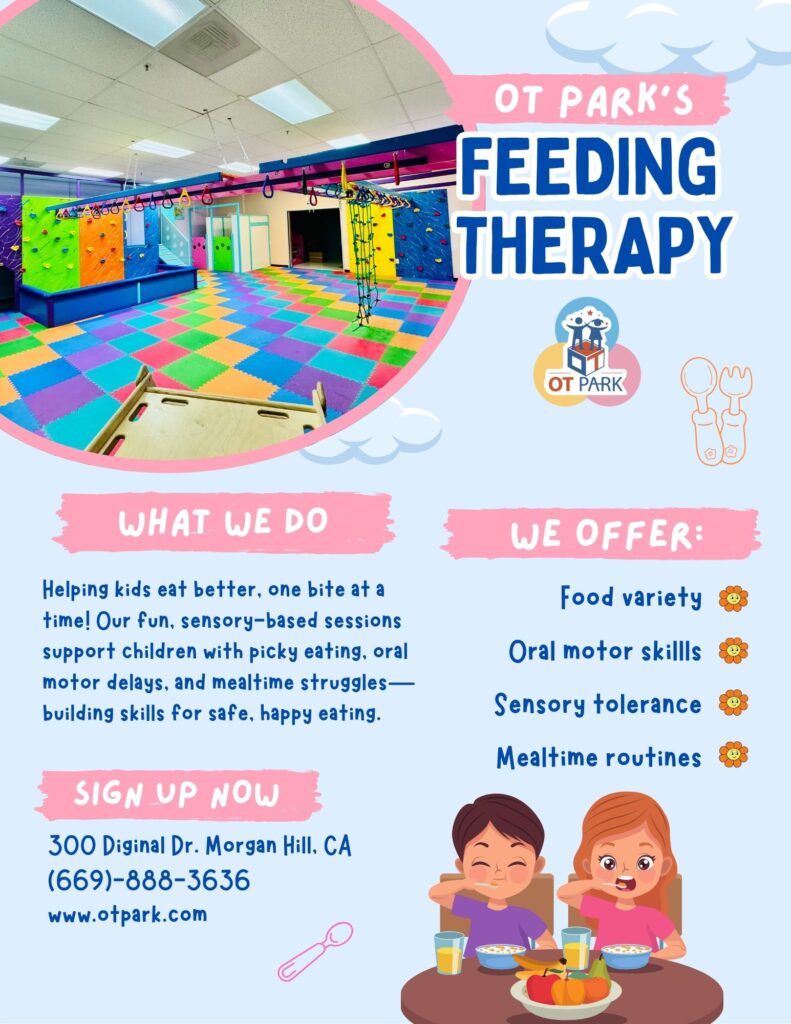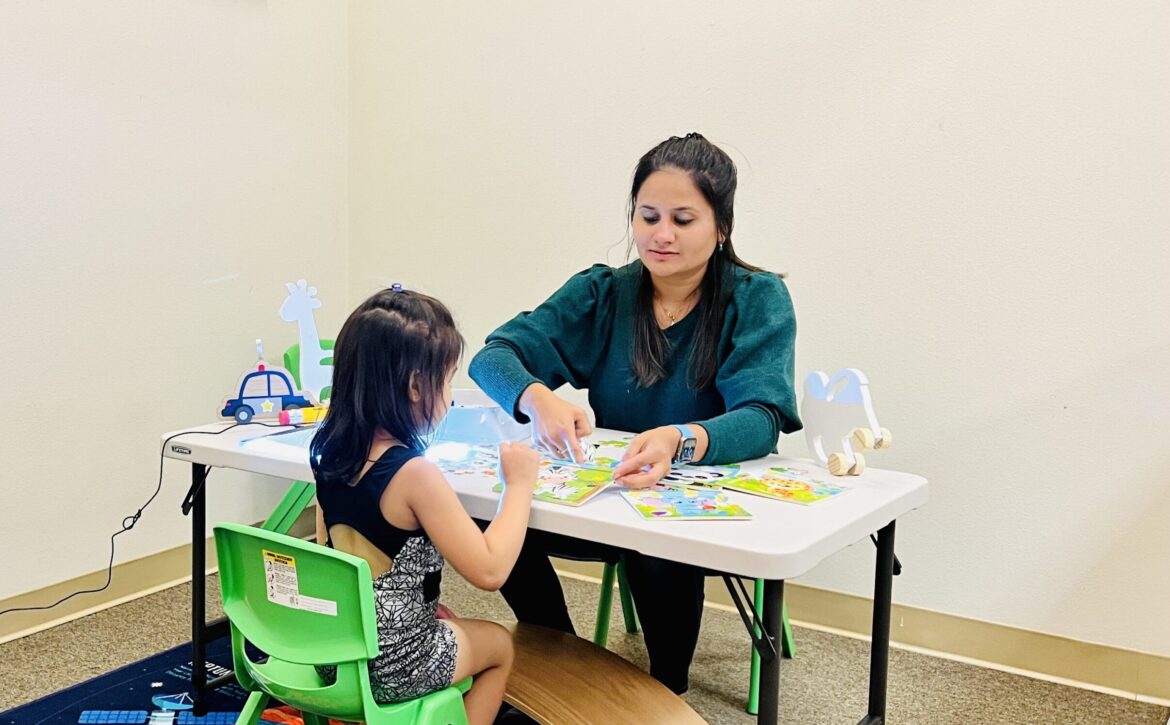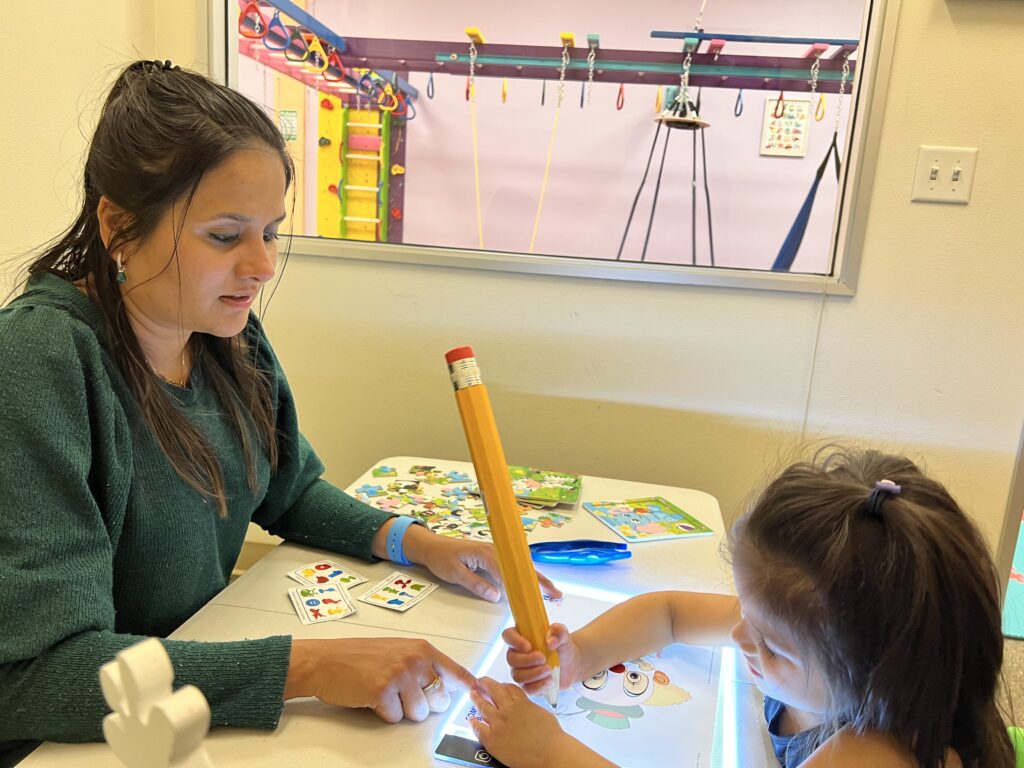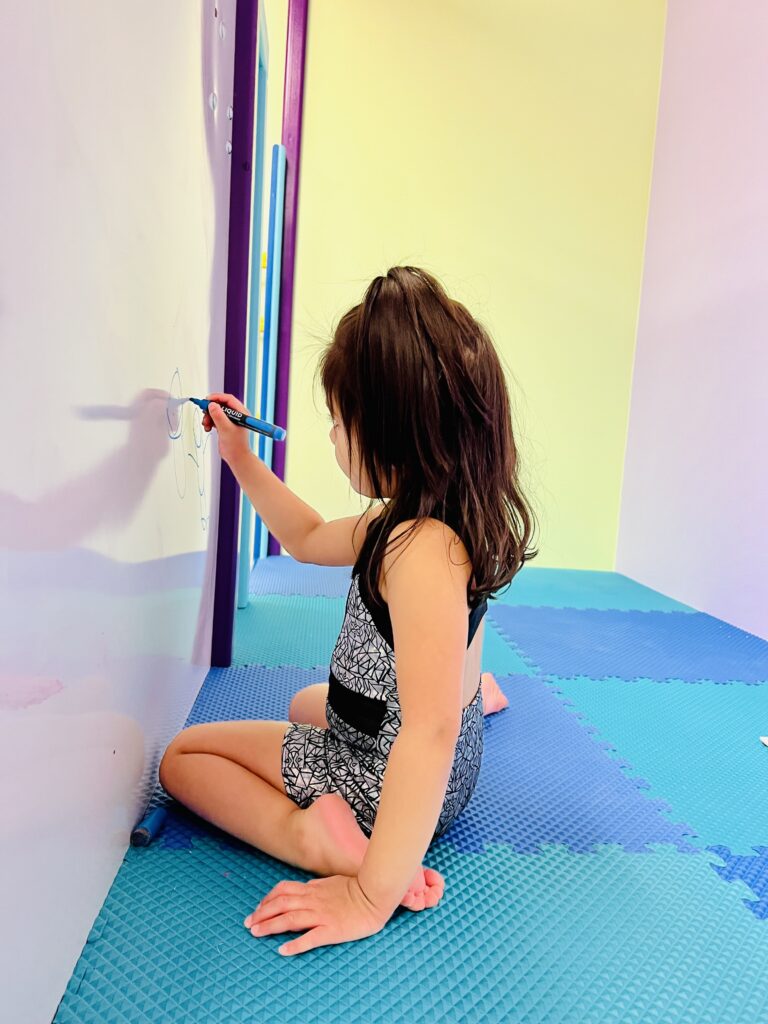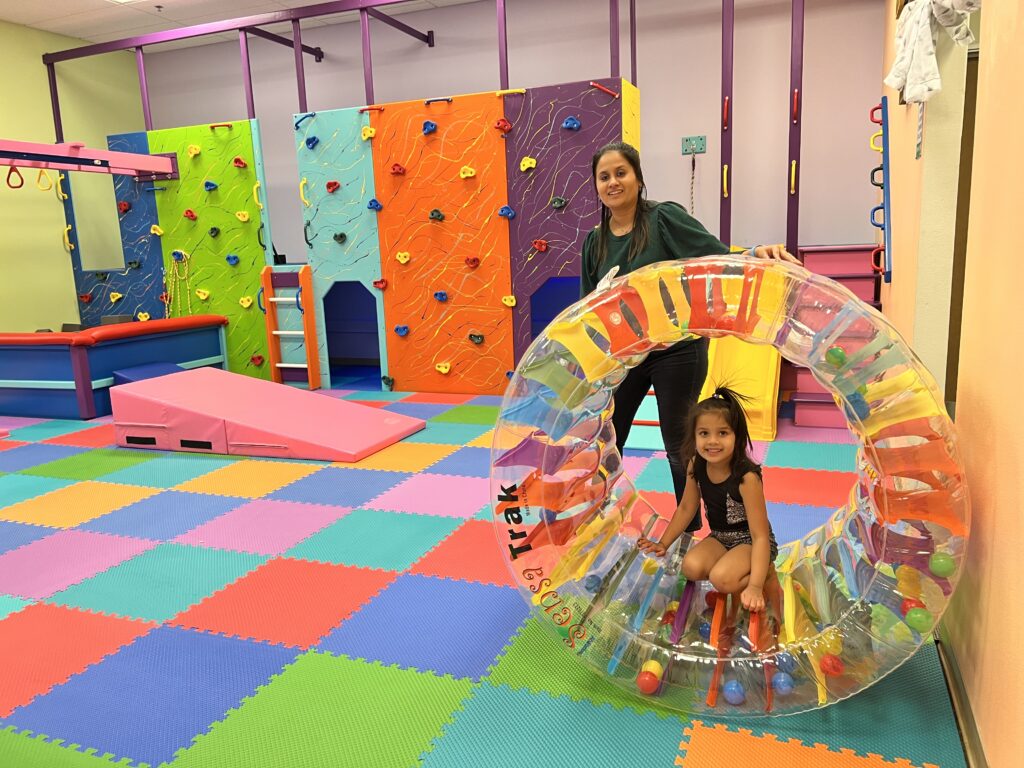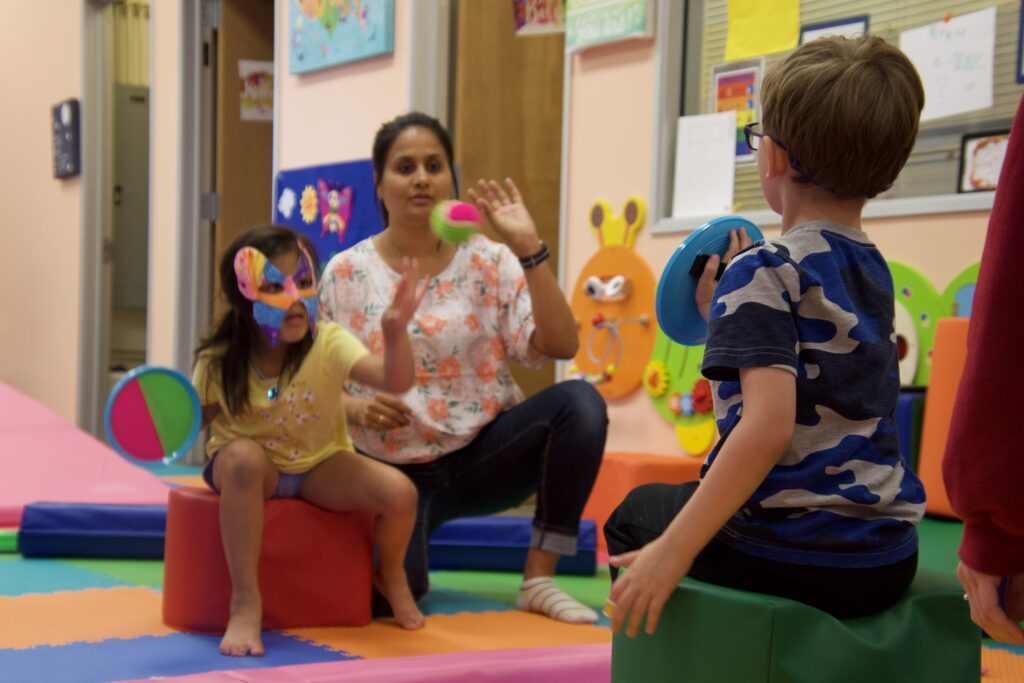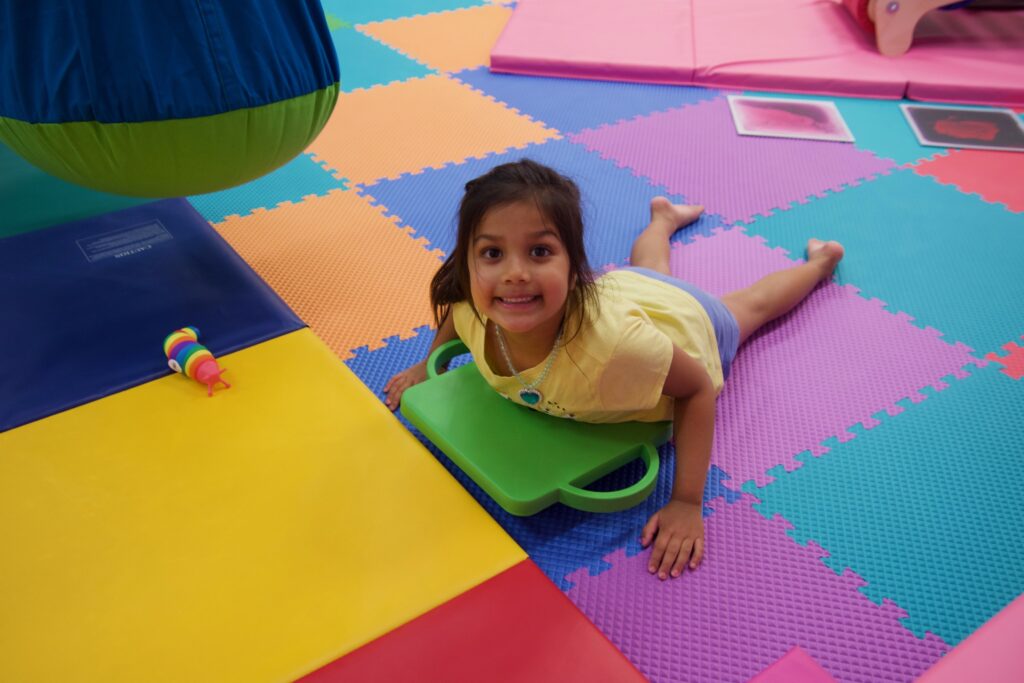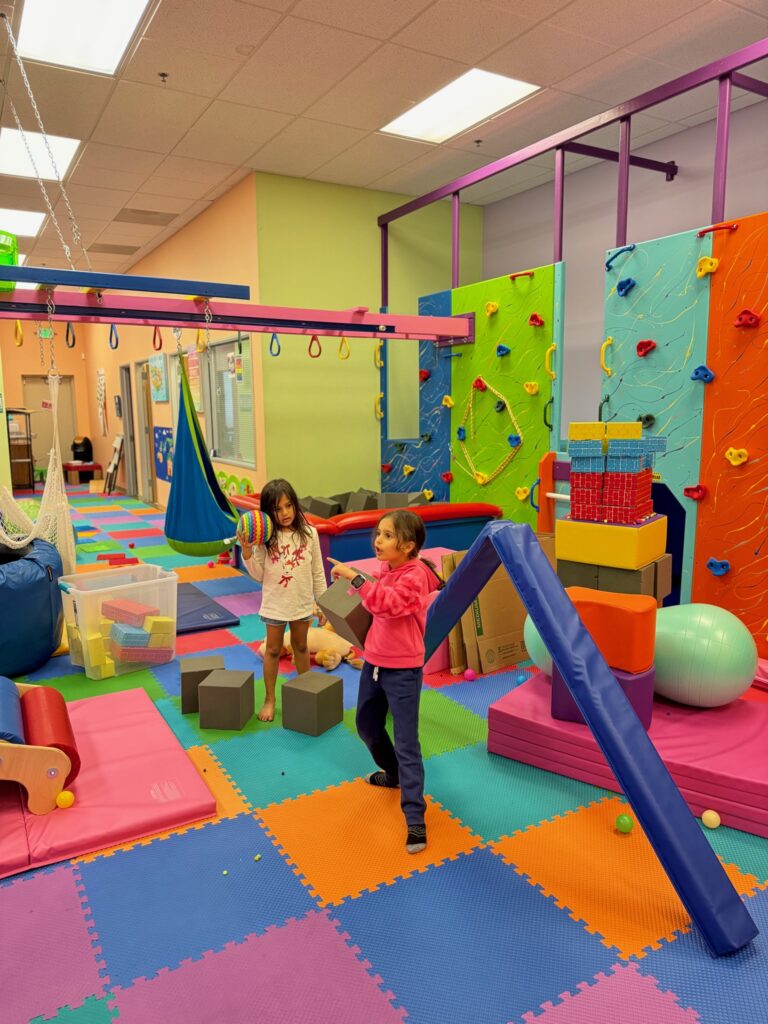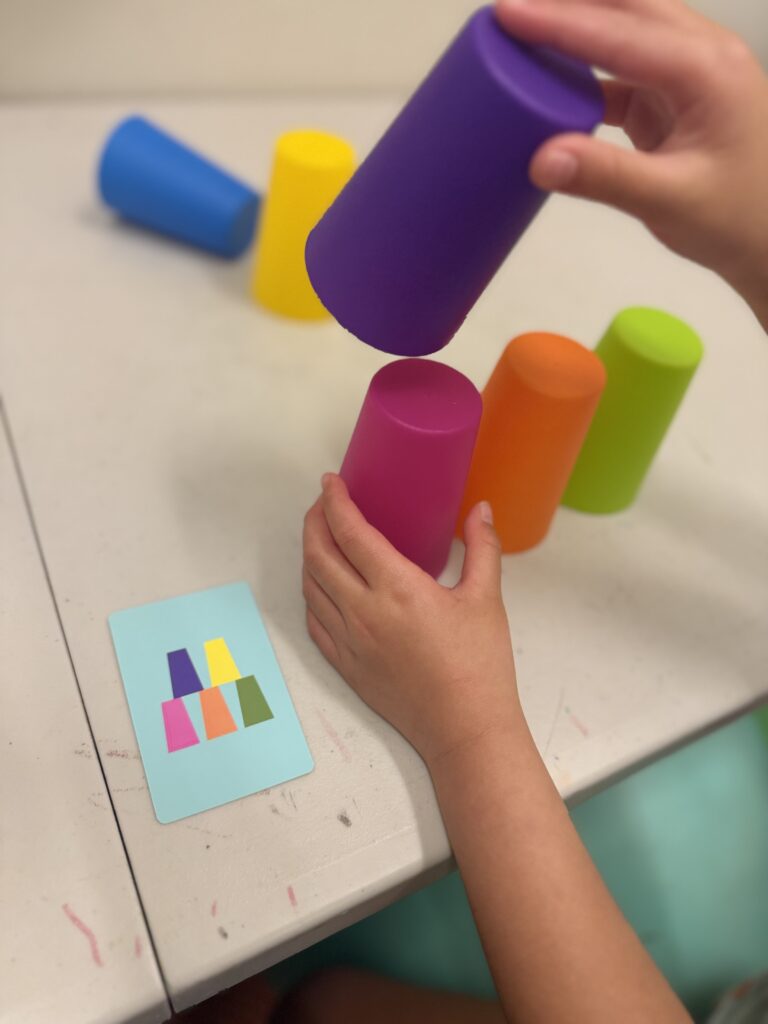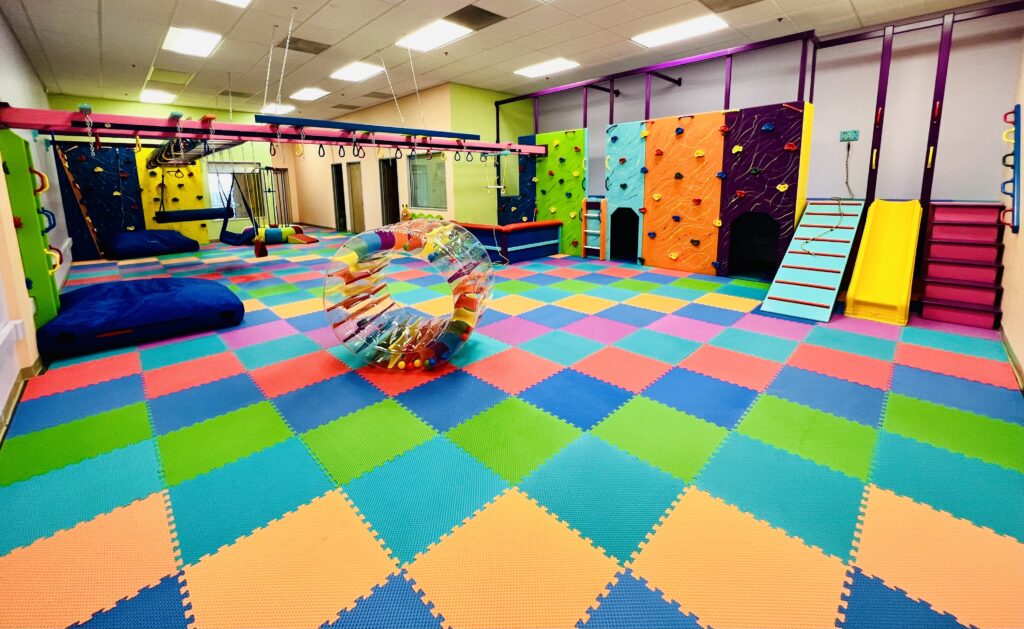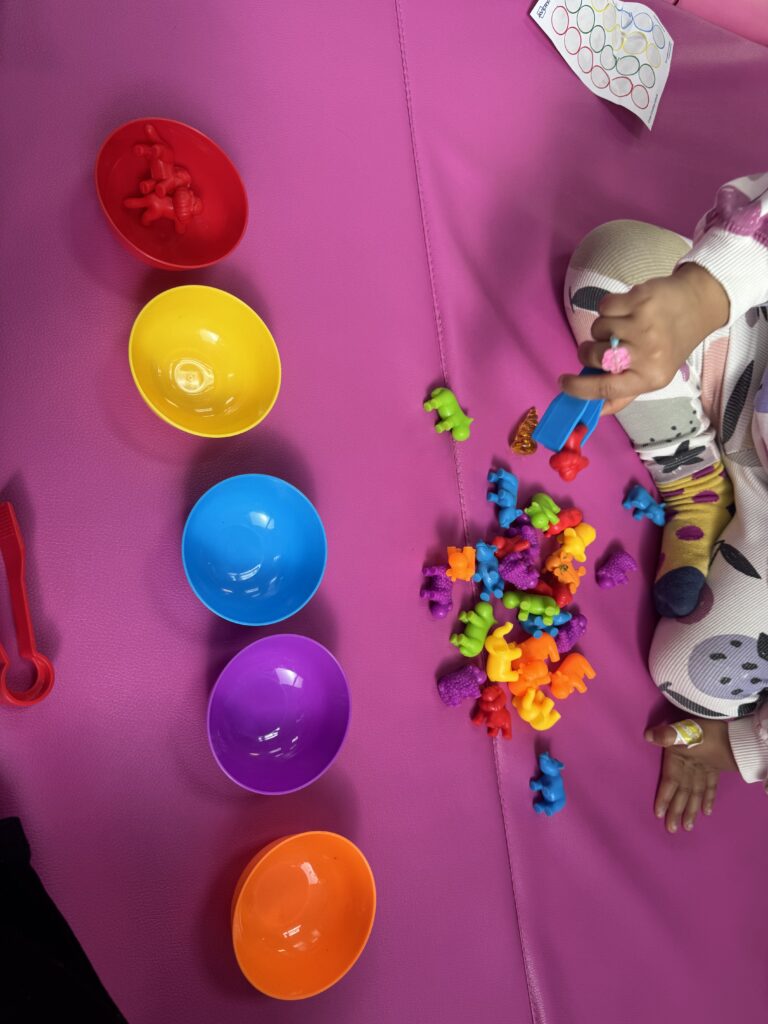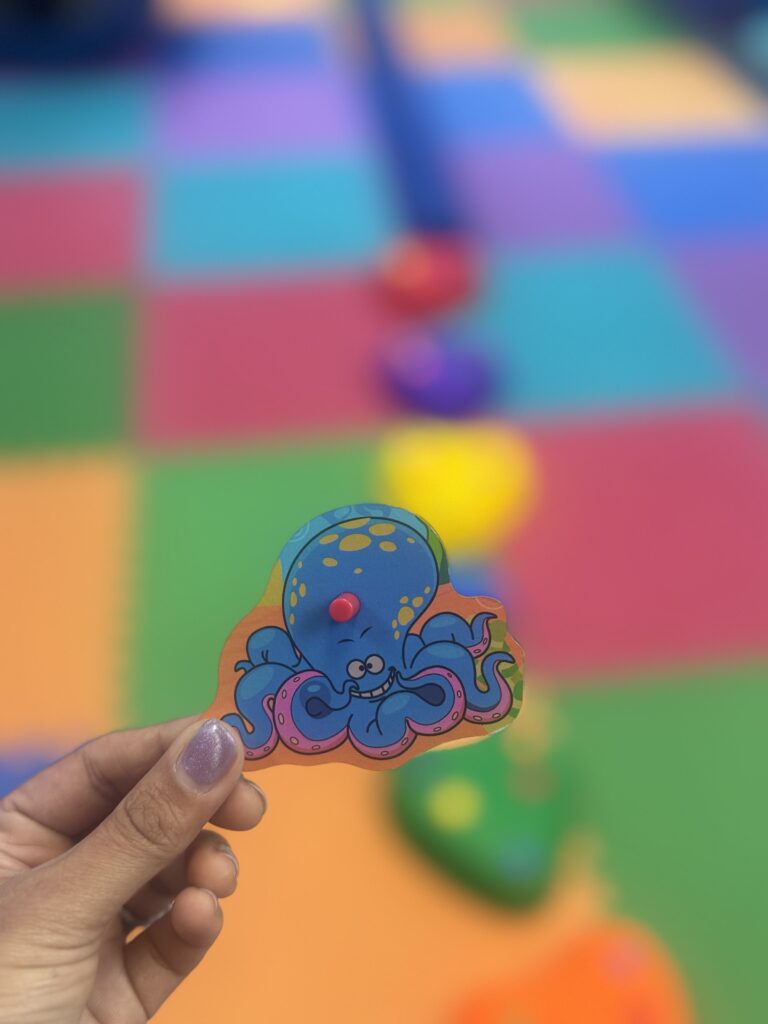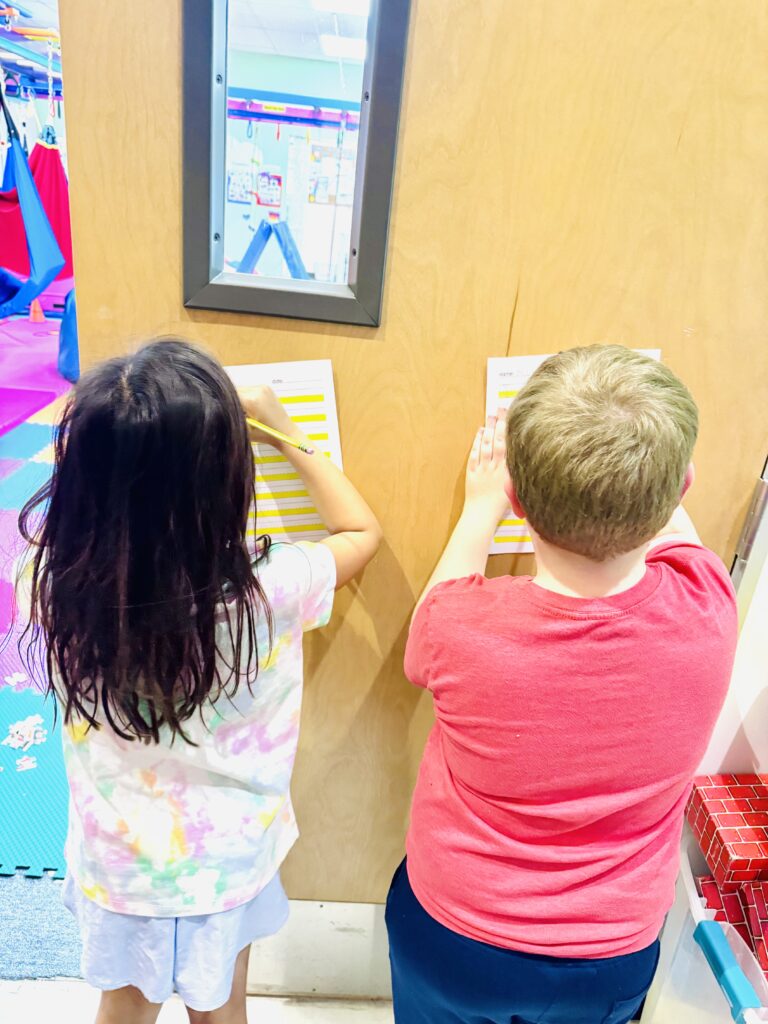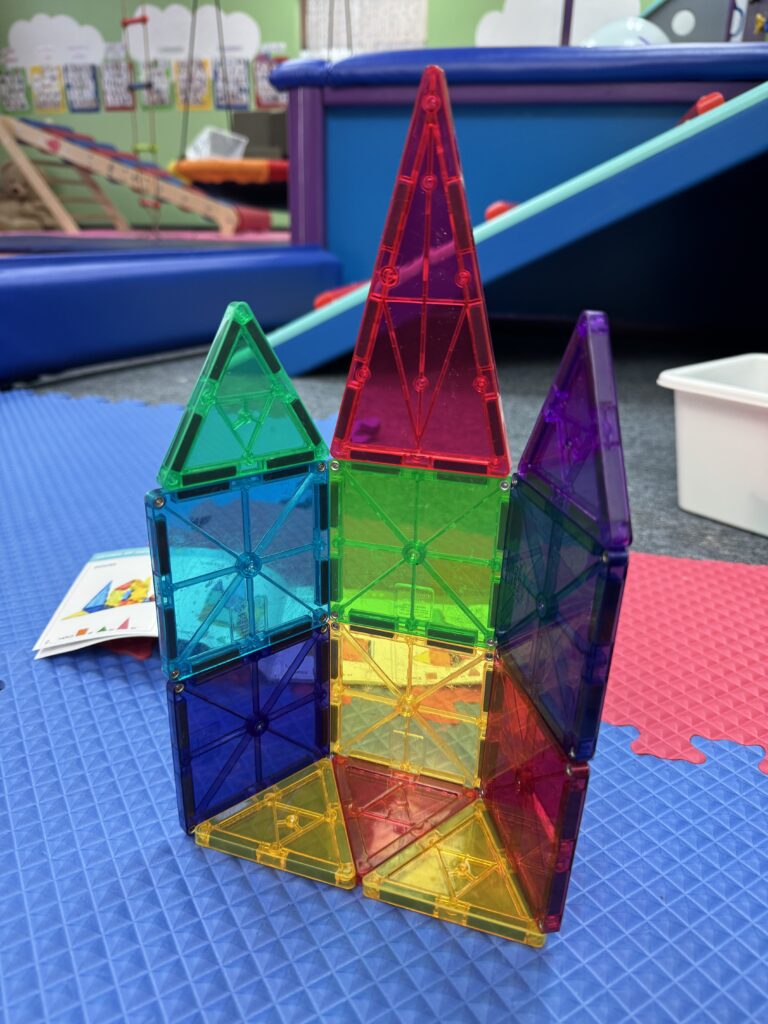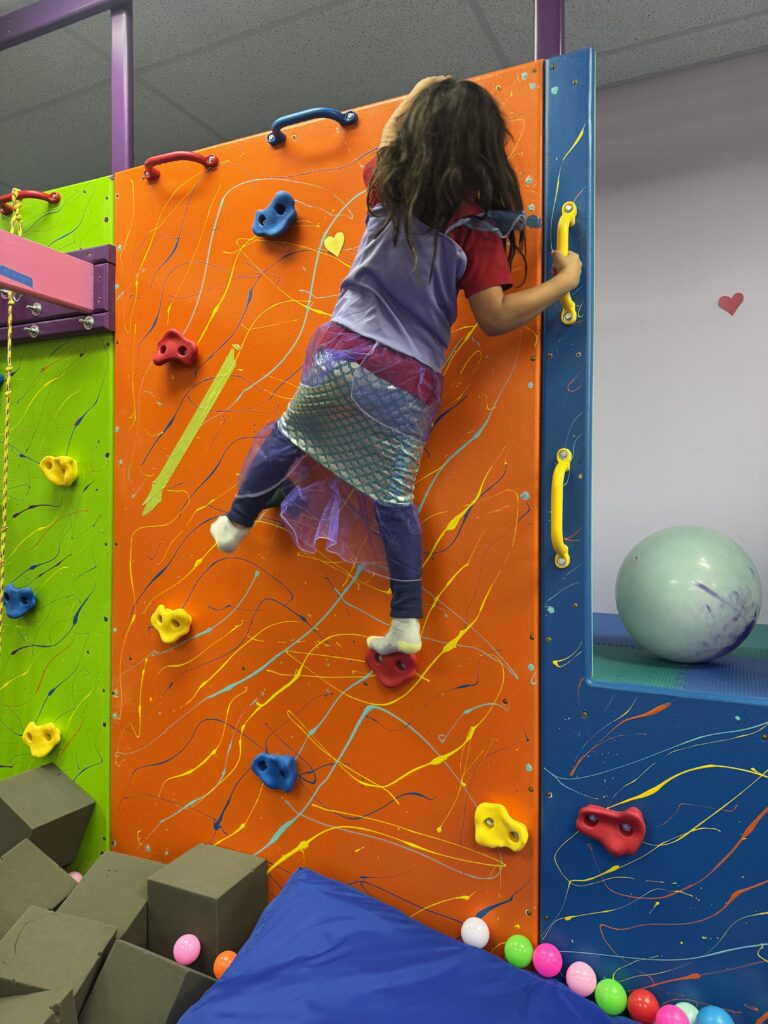IEE OT Park Guide to Independent Educational Evaluations (IEE)
Empowering families. Supporting children. Aligning assessments with meaningful OT-goals.
What is IEE?
An Independent Educational Evaluation (IEE) is an evaluation conducted by a qualified professional who is not employed by the child’s public school system, requested by parents when they disagree with the school’s own evaluation.
Under federal law (Individuals with Disabilities Education Act, Section 300.502), parents have the right to request one IEE at public expense each time they disagree with a school-district evaluation.
In essence: if you believe the school’s assessment of your child’s needs—cognitive, motor, sensory, emotional, or functional—is incomplete, outdated, or inaccurate, an IEE gives you a second look by an independent expert.
Why does IEE matter for OT Park and your child?
At OT Park, we focus on pediatric occupational therapy with deep attention to fine motor, sensory modulation, daily living skills, emotional regulation, and the full complexity of a child’s participation. An IEE can play a crucial role when:
The school’s evaluation did not include sensory processing, motor planning, upper-limb coordination, or ADLareas you see in therapy.
You suspect the school’s assessment missed relevant areas of need (for example: bilateral shoulder weakness, midline crossing, visual-motor integration) that are impactful for OT goals.
You want to ensure evaluation data is aligned with meaningful OT-based recommendations (home program, self-care strategies, sensory supports) rather than just eligibility screens.
With an IEE, you can bring to the IEP (Individualized Education Program) process rich, independent data that supports OT-centered services and ensures your child’s therapy goals are well-grounded.
The Law in a nutshell
If you disagree with the school’s evaluation, then you may request an IEE at public expense.
If you request an IEE, then the school must respond without unnecessary delay and either:
agree to fund the IEE, or
initiate a due-process hearing to defend their evaluation.
If you request an IEE, then you are entitled to one publicly funded IEE per disputed evaluation.
If an IEE is conducted, then it must meet criteria comparable to the school’s evaluation (examiner qualifications, setting, etc.).
If the IEE is completed, then the school must consider the results when making decisions about eligibility, services, or placement.
When Should You Consider Requesting an IEE?
If the school declares your child ineligible, but you notice ongoing difficulties (fine motor, sensory, ADLs), then an IEE may provide a more accurate picture.
If the evaluation feels incomplete (missing sensory modulation, executive function, motor planning, or emotional regulation), then an IEE can fill those gaps.
If the tests are outdated, biased, or don’t reflect your child’s profile, then an independent evaluation can ensure a fair assessment.
If the evaluator lacks expertise in relevant areas (e.g., bilateral upper-limb weakness, sensory processing, praxis), then an IEE with the right specialist is recommended.
If the evaluation is old or no longer reflects current functioning, then an updated IEE is valuable.
An IEE helps capture your child’s strengths and needs and supports meaningful OT goals in the IEP.
Step-by-Step Process
- Send a written request: Although the law doesn’t mandate a written request, it is highly recommended. The letter or email should state that you disagree with the school’s evaluation and are requesting an IEE at public expense.
- School response: The school must respond without undue delay (many jurisdictions interpret ~15 school days as reasonable). It must either approve the IEE or initiate due-process hearing.
- Selecting an evaluator: You may choose an evaluator who meets the school’s criteria but is not employed by the district. The school must provide its criteria (e.g., qualifications, cost cap, location).
- Evaluation is conducted: The independent evaluator gathers relevant info (records, observations, assessments across domains) and produces a comprehensive report.
- School considers the results: The school must “consider” the IEE results when making decisions about your child’s education. It does not mean automatic agreement, but it must give substantive consideration.
- Next steps: With the IEE report in hand, you and your team at OT Park (and school/IEP team) can use the findings to inform service goals, accommodations, placement, and OT-specific supports.
How OT Park supports families with IEEs
At OT Park, we bring a depth of expertise in pediatric occupational therapy and we support families who are navigating IEE requests by:
Helping you interpret school evaluation results, identify gaps (e.g., sensory, motor, ADL) and determine whether an IEE is warranted.
Supporting you in writing the request letter, outlining what you disagree with and what you believe needs further assessment.
Collaborating with independent evaluators (when chosen) to ensure that the evaluation includes domains critical to OT (e.g., bilateral upper-extremity strength, shoulder stability, fine motor skills, sensory-motor integration, daily‐living tasks).
After the IEE report is complete, we translate the findings into OT-goals: for example, home program design, sensory-path differentiation, self-care life-skills routines, tech-lab interventions, and supportive carry-over into natural settings.
At IEP meetings, we can advocate (or coach you to advocate) so that OT-recommendations are clearly tied to services, frequency, duration, and measurable outcomes.
Key Tips for Parents
Document everything: Keep copies of letters, emails, responses, and timelines.
Act promptly: Don’t wait to submit your request.
Choose the right evaluator: Look for pediatric OT expertise if needed.
Keep OT Park involved: Share therapy notes to support evaluation accuracy.
Use IEE for collaboration: Goal is a better plan, not conflict.
